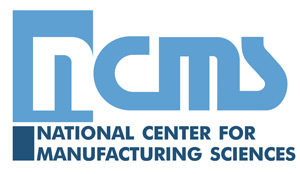Project Announcement: MRAP RESET Cable Reverse Engineering
Deteriorating and aging cables that need replacing are a growing concern, but simply amassing and storing varieties of cables – which might not even fulfill the specific requirements – does not solve the problem. Instead, reverse engineering specific cables provides a faster, better solution to building just what is needed for a specific project.
The MRAP Product Manager (PM) is conducting a RESET and standardization of their vehicle fleet. Many items provided to the Army during initial MRAP fielding included commercial items delivered without a detailed technical data package. As items such as cables, harnesses, and other interconnect technologies become damaged, efforts to obtain replacement parts through normal Defense Logistics Agency channels become hampered by the lack of a complete Technical Data Package (TDP). To overcome this obstacle, companies with the technical competencies to reverse engineer cables and develop TDPs concurrent with the delivery of technology ensure fleet readiness and increase competition for future procurements.
The use of reverse engineering to develop needed cables on an as-needed basis is both economical and practical. Benefits to industry and the general public include increased accessibility to production opportunities without restrictions imposed by non-availability of technical data packages or source controlled drawings. That will in turn increase the opportunity to expand the supplier base and increase jobs. Developing reverse engineering techniques for cables also benefits the public by allowing people to purchase only as much as they need, and not have to purchase and store extra cables. Increased readiness rates of the nation’s MRAP fleet and a significant decrease in lifecycle cost of equipment through a reduction in man-hours for management of assets are just a few of the benefits to the Department of Defense.
Those interested in participating in this initiative should contact Nicholas Brown, by August 1st, 2017. We encourage participation of Disadvantaged Business Enterprises (DBEs), including Minority Business Enterprises (MBEs) and Women’s Business Enterprises (WBEs).
